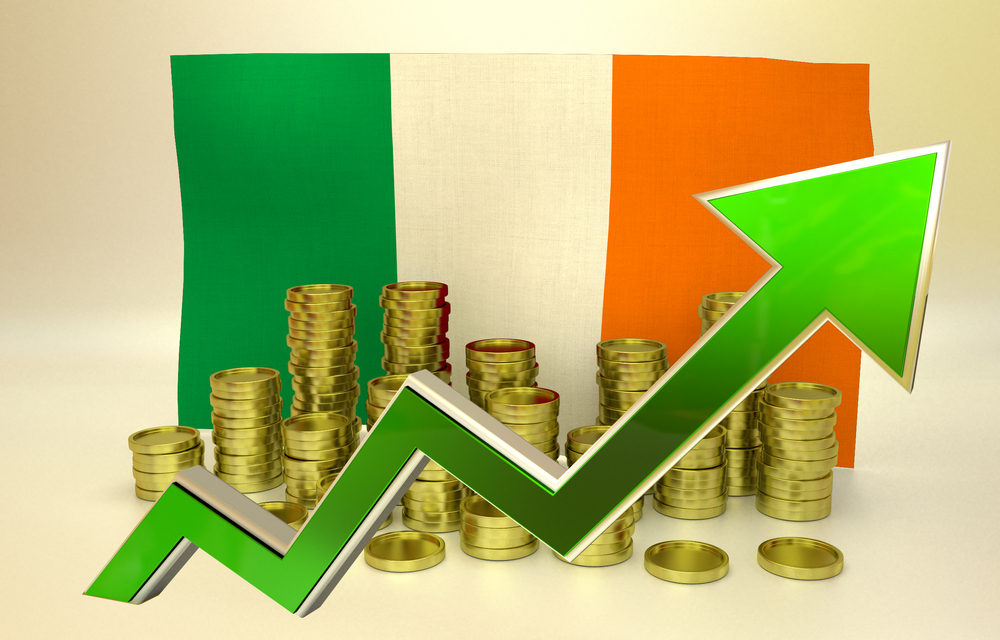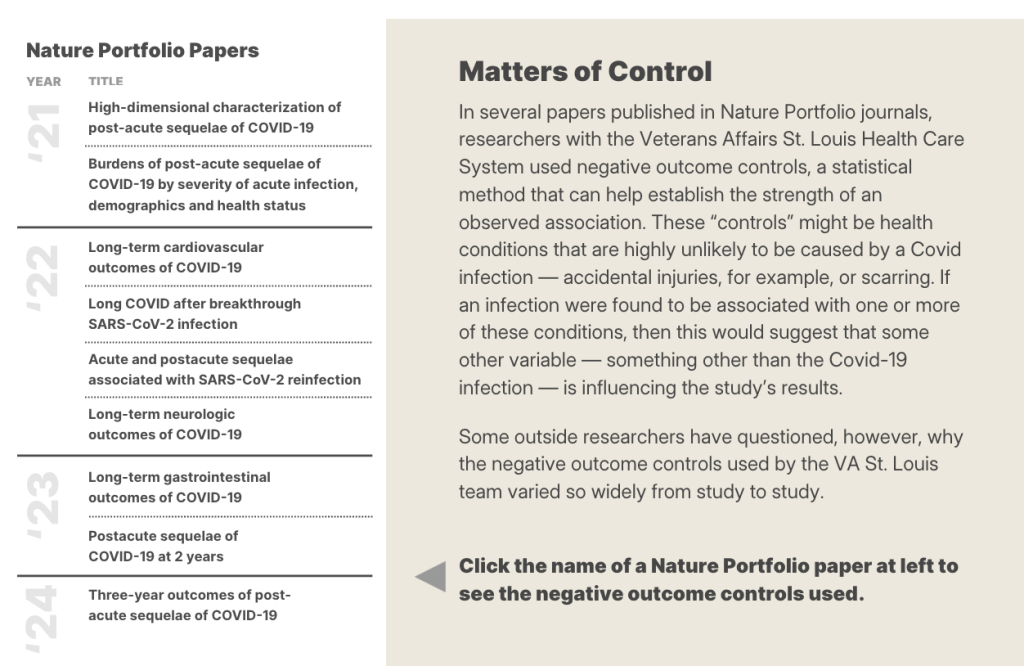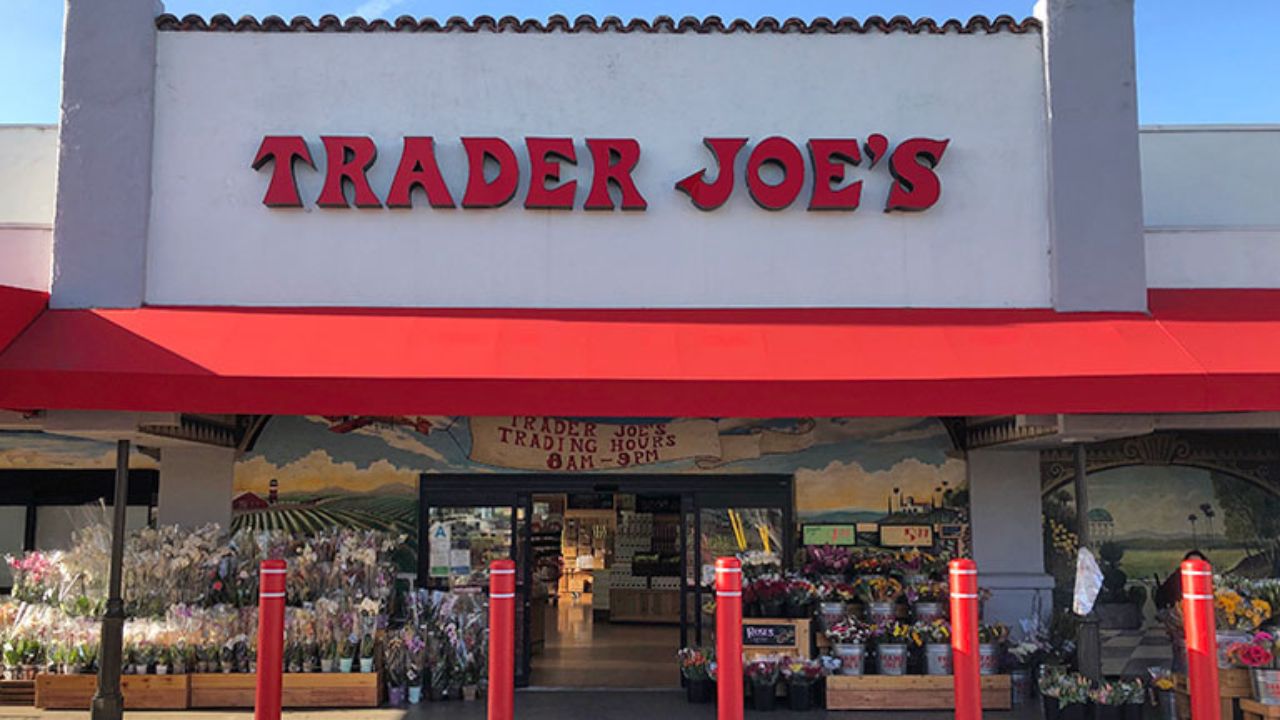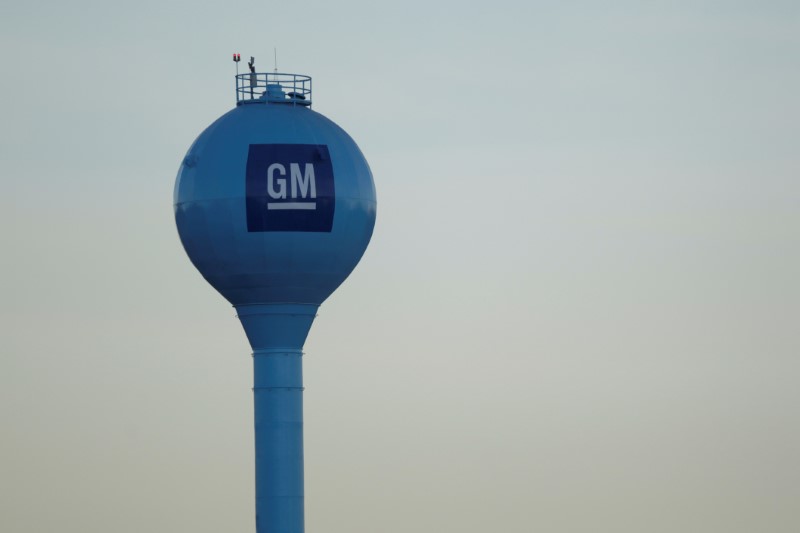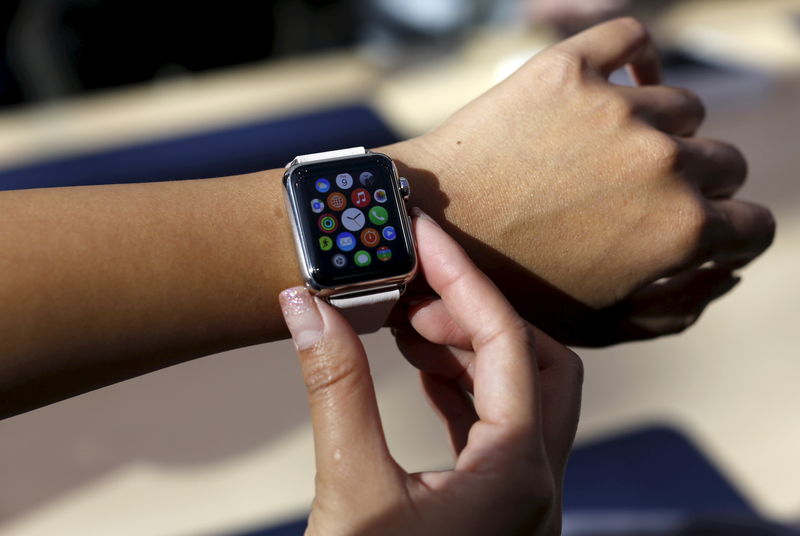The primary many years of Irish independence would have been an financial disappointment to those that birthed the nation in 1922. Then, Irish per capita GDP was 56% that of the UK: by 1988 it had risen to simply 64% and The Economist carried an article on Eire titled ‘The poorest of the wealthy’.
Determine 1: Irish GDP per capita as % of United Kingdom’s
Supply: Maddison Undertaking
In 1997 Irish per capita GDP exceeded that of the UK for the primary time (Determine 1) and The Economist now hailed the ‘Celtic Tiger’. Why did Eire, so poor, abruptly turn into so wealthy?
The poorest of the wealthy
Eire’s economic system was badly mismanaged within the Seventies. Governments ran ever bigger deficits and as a share of GDP Irish authorities debt rose from 40% in 1971 to 95% in 1991. This introduced no financial profit: unemployment rose from 6.6% in 1971 to 17.6% in 1987. The economist Dermot McAleese wrote that “excessive taxes, low confidence, excessive labour prices, extreme regulation and anti-competitive practices” plagued the Irish economic system within the Eighties. Eire’s accession to the European Financial Neighborhood in 1973 introduced no respite from these financial woes.
The Celtic Tiger
By the top of the Eighties it was apparent that this was unsustainable. The federal government — with broad help — slashed spending and made credible commitments to not run deficits or inflate the foreign money. It deregulated and lowered tax charges. The 2002 Index of Financial Freedom ranked Eire the world’s 4th freest economic system.
Eire’s company tax fee – 12.5% – is famously low, however there was extra to Celtic Tiger fiscal coverage than that. As economist Sean Dorgan argues, since 1987:
…private tax charges have been diminished progressively from a base fee of 35 % to twenty % and from a prime fee of 58 % to 42 %. Tax bands (brackets) have additionally been broadened in order that the upper fee now applies to larger revenue ranges than earlier than. The facility of low charges was additionally proven when the 40 % capital positive aspects tax fee was halved in 1999 to twenty % and income elevated by 50 % in a single 12 months and by 270 % over three years.
McAleese argues that controlling authorities spending was essential:
The espousal of fiscal rectitude and new consensus financial insurance policies was not actually new. What was new was the choice to assault the debt by controlling public spending, quite than by rising taxes. For a small, open economic system, curbing public spending proved a much more productive manner ahead. It created room for tax cuts whereas concurrently reducing the debt ratio. One other ploy was the introduction of a tax amnesty. Following on the excessive tax coverage of the Eighties and the reorientation in fiscal coverage, it proved vastly profitable by way of income era. Home rates of interest fell steeply as investor confidence grew, thus beginning off that uncommon prevalence in trendy economics, an expansionary fiscal contraction. Fears that sturdy fiscal contraction would show deflationary had been confounded, although exactly why this was so stays the topic of controversy.
The outcomes had been putting. Eire’s economic system grew at a mean annual fee of 9.4 % between 1995 and 2000. Actual GDP development outpaced that in the UK in yearly from 1989 to 2003 and of the USA in yearly after 1993. Whereas Eire’s GDP grew by 229 % between 1987 and 2007, the determine was 161% for the USA and 152% for the UK. Authorities debt fell from 95% of GDP in 1991 to 25% in 2007 and unemployment fell from 17.6% in 1987 to three.4% in 2001.
The bust
In 2008 this got here to a shuddering halt. Progress collapsed and authorities debt and unemployment rocketed.
Some blamed Eire’s low tax and light-weight regulation insurance policies. The truth was quite totally different, as economist Patrick Honohan defined:
Till about 2000, the expansion had been on a safe export-led foundation, underpinned by wage restraint. Nevertheless, from about 2000 the character of the expansion modified: a property worth and development bubble took maintain…Among the many triggers for the property bubble was the sharp fall in rates of interest following euro membership.
In brief, there had been an excellent Celtic Tiger, based mostly on sound cash, low taxes, and light-weight regulation, which had been changed by a nasty Celtic Tiger based mostly on low cost credit score following Eire’s entry into the euro. True, there was a lot to sentence within the excesses of the increase’s later levels, however the fiscal and regulatory insurance policies which had spurred a decade of stable development weren’t amongst them.
The primacy of home coverage (once more)
Within the century since ‘Irexit’ from the UK, Eire’s economic system has fared badly and fared effectively. Whether or not it has fared badly or effectively has not primarily, and even largely, been decided by its membership of the UK and even the European Union. It has been decided primarily, as a substitute, by home coverage choices. So it is going to be with different more moderen ‘exits’.
John Phelan is an Economist at Heart of the American Experiment.

